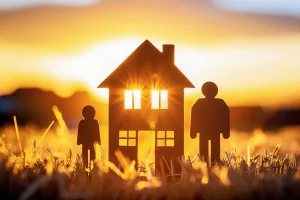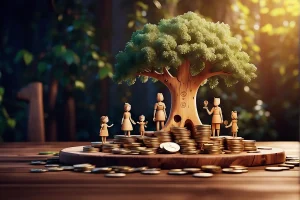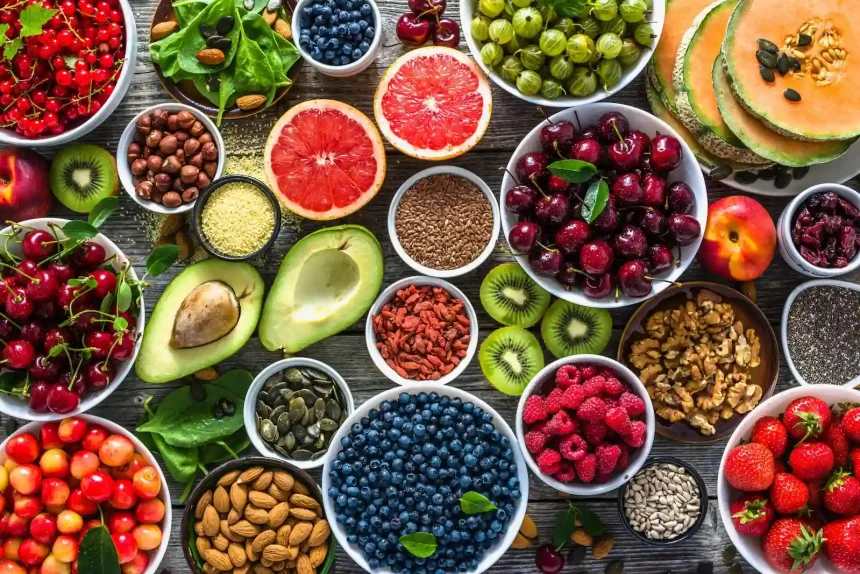Imagine a world where the concept of aging is as diverse as the cultures that inhabit it. Picture a centenarian in Okinawa, Japan, still actively engaged in her community, while across the globe, a retiree in Florida struggles with isolation. These contrasting scenarios aren’t just anecdotes; they’re windows into the profound impact of cultural differences on aging and longevity worldwide. As our global population grays, understanding these cultural nuances becomes not just fascinating, but crucial.
- Understanding the Global Diversity of Aging Experiences
- Navigating Cultural Differences in Eldercare Approaches
- Unraveling the Myths of Universal Aging Processes
- Adapting Global Health Strategies to Local Cultural Contexts
- Exploring Successful Aging Practices from Diverse Cultures
- Developing Culturally Sensitive Global Aging Policies
In an era where demographic shifts are reshaping societies, the intersection of culture and aging presents both challenges and opportunities. From the bustling streets of Tokyo to the serene villages of Costa Rica, each society offers unique insights into the aging process. These diverse perspectives challenge our preconceptions and offer valuable lessons for creating more inclusive, effective approaches to global health and eldercare.
As we embark on this exploration, we’ll uncover how deeply ingrained cultural practices influence everything from life expectancy to the very meaning of “successful aging.” This journey promises to reshape our understanding of what it means to grow old in a world that’s both increasingly connected and stubbornly diverse.
Overview
- Discover how cultural values shape perceptions of aging across different societies.
- Explore the contrasts between family-centric and institutional eldercare models worldwide.
- Uncover the interplay between biological factors and cultural influences in the aging process.
- Learn about innovative, culturally-adapted health interventions for aging populations.
- Gain insights from Blue Zones and their cultural practices contributing to longevity.
- Understand the challenges and opportunities in creating culturally sensitive global aging policies.















